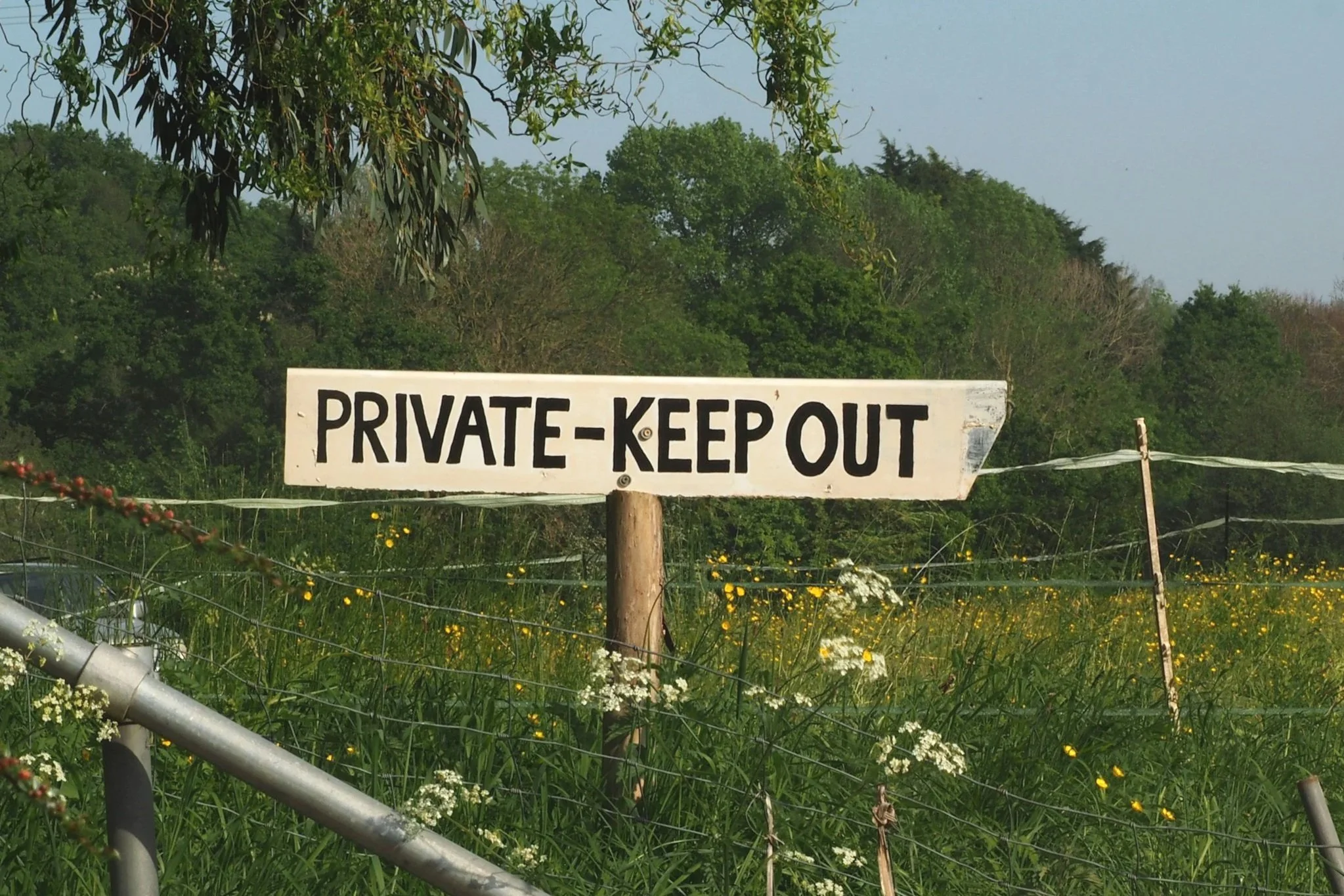
Educational Blogs from Our Mental Health Therapists
Learn about common challenges, including depression, anxiety, relationships,
trauma, and more, written by Maryland therapists!
Topic
- Anxiety
- Art in Therapy
- Biases
- Boundary Setting
- Brainspotting
- Burnout
- Business Owners
- COVID-19
- Careers
- Children & Teens
- Cognitive Behavioral Therapy (CBT)
- College Students
- Communication Skills
- DIY Crafts
- Depression
- Dialectical Behavior Therapy (DBT)
- Emotional Regulation
- Faith-Based
- First Responders
- Grief and Loss
- Highly-Sensitive Person
- International Clients
- Internships
- Ketamine-Assisted Psychotherapy
- LGBTQIA
- Men's Issues
- Mindfulness
- Motivation
- Neurodivergence
- Online Counseling
- Oppression
- Parenting
- Recovery
- Relationships
- Resources
- Sex Therapy
- Trauma and PTSD
- Women's Issues
- Workshop
Practicing Acceptance During the Holidays: Therapeutic Support for Maryland Adults
The holidays can be full of contradictions: Time off leaves us exhausted, fun and social gatherings feel lonely or isolating, and small talk turns into big debates with politics, religion, or world affairs. If we acknowledge that contradictions do and will abound whether we want them to or not - like heaping portions or inflatable lawn decorations - we can start to practice acceptance to shrink the discomfort of contradictory environments.
Being Present During the Holidays: Mindfulness Tips from a Baltimore Counseling Practice
Have you ever walked away from the holidays feeling empty? Have you forgotten about your holiday memories immediately after returning to work? Or have you looked around the table and been frustrated at how separated everyone seemed? If you answered yes to any of the questions above, you might be struggling to be present during the holidays.
Your Guide to Holiday Stress Relief: Practical Coping Strategies for a Calmer Season
The holiday season is such a joyous time of the year, but it can also bring a lot of stress, and you aren’t alone in this. The American Psychological Association reported that about 9 out of 10 Americans feel stressed during the holidays because of finances, missing loved ones, and family conflict. When we are stressed out, it is important that we have healthy coping strategies ready in our back pocket. Here are seven way to make this season less stressful and more joyous.
Doing More than Surviving “Happy” Holidays in Maryland
The holidays can be a time of renewed connection with family and friends, traditions celebrated, good food shared, and a new year begun. However, the holidays can also leave us more than a little drained and sometimes frazzled. When the string lights turn on, those of us that are close to loss of a loved one, divorce, or career upset might feel daunted or even overwhelmed. “Have a happy holiday!” starts to feel like a demand rather than well-wishing.
Navigating Change and Loneliness: A Baltimore Counseling Intern’s Reflections on The Banshees of Inisherin
Life always seems to pull us straight out of our comfort zone, plucking away the people and routines we feel are comfortable with. Whenever these transitions happen, the adjustment to a “new” life can be jarring. The 2022 film The Banshees of Inisherin takes a stark look at how three different men navigate difficult transitions in their lives.
What to Do If You See Your Therapist Outside of Session
Hopefully, you like your therapist. They know so much about you -- your likes and dislikes, family drama, friend gossip, problems in the sack, money woes, and more. They might be the only person who knows all of your problems. What happens if you see them out in public? What do you do if you see their personal social media page? In Baltimore, this is bound to happen because it is Smalltimore. Have no fear! The answer is here.
Relationship Lessons We Can Learn From 90 Day Fiance: A Baltimore City Therapist’s Perspective
I don’t know about you, but I am a sucker for reality TV, especially when it involves tangled up relationships and drama. 90 Day Fiance is my absolute favorite reality series, not only because of the twisted story lines but because of the lessons we learn from their relationships, both positive and negative. Although not every relationship is the same, there are common truths and situations that relate to everyone’s relationship. February is the season of love, so what better way to learn relationship advice from some of 90 Day’s most famous couples.
Politics at the Table: Tips for Handling Family Differences
This last election created a divide. For the first time, it wasn’t about Red vs. Blue, it was about humanity and the loss of human rights. With the inauguration just days away, it has been difficult to come to the realization that certain human rights may not be rights for much longer. So how does one navigate relationships with people who share vastly different morals and beliefs?
6 More Questions to Ask Your Partner Before Getting Engaged
If you clicked on this article, there’s a chance that means you’re in a relationship, and that you’re starting to think about the long term view of where you’d like things to go. Perhaps you’re discussing engagement with your partner. As a licensed mental health therapist who’s seen firsthand what can happen when couples jump the gun, I believe marriage is certainly not something to be taken lightly, or on a whim. Hopefully, these questions will give you and your partner a good start at taking a look at some of the bigger picture questions before approaching the conversation of engagement.
7 Questions to Ask Your Partner Before Getting Engaged
Perhaps you’re discussing engagement with your partner. If so, congratulations! Moving forward in relationships is an exciting endeavor - and one I’m a personal fan of. However, as a licensed mental health therapist who’s seen firsthand what can happen when couples jump the gun, I believe marriage is certainly not something to be taken lightly, or on a whim. Hopefully, these questions will give you and your partner a good start at taking a look at some of the bigger picture questions before approaching the conversation of engagement.
4 Reasons to Invest in Premarital Counseling
If you’re reading this, I hope it’s fair to assume you and your other half are engaged (or about to be)! If you haven’t found out by now, the world of engagement can be… a lot. Maybe you’re getting 20 questions from family members, hearing unsolicited opinions, and probably already feeling behind on the planning process. I’ve seen firsthand the impact wedding planning can have on a relationship. It’s very easy for couples to lose sight of the marriage that awaits them on the other side of the wedding. That’s where premarital counseling comes in.
Ways That Working on the Relationship with Your Therapist Can Help You Improve Your Relationships Outside of Therapy
Sometimes we forget that your relationship with your therapist is STILL a relationship which means that working on your relationship with your therapist can also help you work on issues showing up in your other relationships. We asked several of our Towson therapists about ways that working on your relationship with your therapist can help you in your relationships outside of therapy. Here’s what they had to say.
3 Strategies For Setting Healthy Boundaries From Therapists in Maryland
As therapists, we are regularly talking with people about boundary setting. While boundaries are often necessary, the idea of setting them can create a lot of anxiety for people. To support you in your boundary setting, we’ve asked several of our Baltimore County therapists to share some of their favorite tips for setting healthy boundaries.
Baltimore Area Therapists React to Love is Blind Season 6 with Tips on Communication and Relationships
If you’re a true Love is Blind fan, then you’re already caught up on everything that has happened in Season 6. Our Greater Baltimore team of therapists loves Love is Blind which is why we’ve decided to share our own relationship and communication tips based on the events that occurred in Season 6. We’ve shared them on social media, and now we’re sharing them here! We hope you enjoy some of our most comment-worthy moments from season 6!
5 Tips to Prevent and Manage Conflicts with College Roommates
For many people, college is an exciting opportunity to move away from home, find and explore your passions, and have a little bit of fun. For many people, college is also a time to explore what it is like to have roommates, and typically, they live, sleep, and eat only about six feet away from you. Living with anyone can be hard, and it is especially difficult to live with someone during one of the most stressful, exciting, and transitional times of your life. Conflicts, especially with roommates, are inevitable, so it is important to know how to navigate (and maybe even prevent some of) these uncomfortable situations.
Boundaries: A Key Aspect of Healthy Relationships and Protecting Your Peace
Setting a boundary with someone means clearly communicating the limitations and rules of your relationship with them. Typically, your personal boundaries will stem from your values and experiences. While setting a boundary might start an uncomfortable conversation, the power and confidence of saying “no” is an important skill in fostering healthy relationships (with others and with yourself!).
Things Your Employees In Substance Use Recovery Want You to Know
“Treating” their employees sometimes means providing alcohol at these gatherings. After all, alcohol is a more expensive offering that many people recognize and appreciate. Having said that, making alcohol available at these gatherings can present unexpected challenges for your employees who are in recovery. After 7 years of working in drug and alcohol treatment and years of providing therapy to professionals in recovery, here are some things for companies to know as they plan their company’s events.
How Companies Can Be Mindful of Employees in Recovery Around the Holidays
It’s not uncommon for some companies to have alcohol available at their holiday parties or large annual gatherings. While the company itself might see this as a nice treat for their employees, the availability of alcohol can present unwanted challenges for people who are working really hard to maintain their sobriety. Additionally, there are a number of other reasons why employees might not be interested in consuming alcohol at their company gatherings (religious beliefs, health reasons, medications, etc.). Here are 6 strategies companies can use to be mindful of employees who do not drink alcohol when planning their next corporate gathering.
Catching the Bullet: How to Practice Nonviolent Communication with Your Partner
In wedding vows, we promise that we are going to “love”, “cherish”, “support, etc.” our partners through all the ups and downs. It might sound weird to promise “not to use violence” to our partners, probably because people rarely consider themselves capable of getting violent with their significant others.
Although we all dream of a peaceful home, we can shoot word bullets at our loved ones without even noticing. That's why it is crucial to begin by recognizing the bullets.
How to Have Hard Conversations With Others: The Soft-Start Up Technique
As a therapist, I’m often helping people take steps to initiate hard conversations with someone close to them. I often hear people delay these conversations because they don’t want to hurt anyone’s feelings, because they think someone will respond poorly, or because they’ve made an assumption about how the other person will respond. While all of these concerns are valid, avoidance of hard conversations prevents important issues from being addressed and resolved.




















